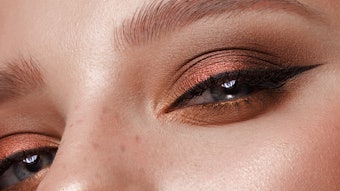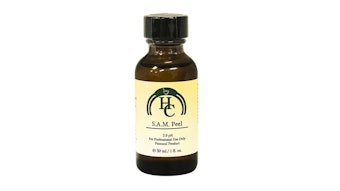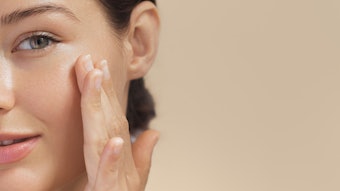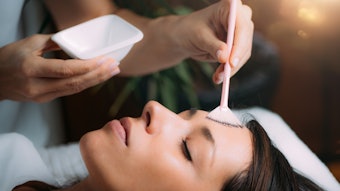
By Helen Andrews, posted at www.spaoppportunities.com, September 18, 2014
Botox injections that induce temporary paralysis of muscles in the upper face—to reduce wrinkling when people frown—could stop young people seeking this treatment from learning how to express emotions fully, according to a study.
The research, which will be presented at the Clinical Cosmetic and Reconstructive Expo in October, was led by nurse practitioner Helen Collier, according to an article by the BBC. Collier blames reality TV shows and celebrity culture for driving young people to idealize the “inexpressive frozen faces.”
Clinicians writing in the Journal of Aesthetic Nursing say there is a growing trend for under-25s to seek botox injections.
The psychological theory called the facial feedback hypothesis—that suggests adolescents learn how best to relate to people by mimicking their facial expressions—is a well-established concept Collier uses to back up her research.
“As human beings, our ability to demonstrate a wide range of emotions is very dependent on facial expressions,” said Collier. “Emotions such as empathy and sympathy help us to survive and grow into confident and communicative adults. If you wipe those expressions out, this might stunt [young people’s] emotional and social development.”
Collier calls on therapists to do more to help boost young people’s confidence rather than producing more and more “frozen faces”. She also highlights that although many of the toxin’s effects are temporary, research suggests muscles don’t fully recover from the injections.
Michael Lewis, PhD, a researcher in psychology at Cardiff University said: “The expressions we make on our face affect the emotions we feel. We smile because we are happy, but smiling also makes us happy. Treatment with drugs like botox prevents the patient from being able to make a particular expression and can therefore have an effect on our learning to feel emotions naturally.”
Rajiv Grover, president of the British Association of Aesthetic Plastic Surgeons said: “Injecting teenagers with botox for cosmetic purposes is morally wrong and something that no ethical practitioner would do. This can only exacerbate body image issues at a vulnerable time.”










